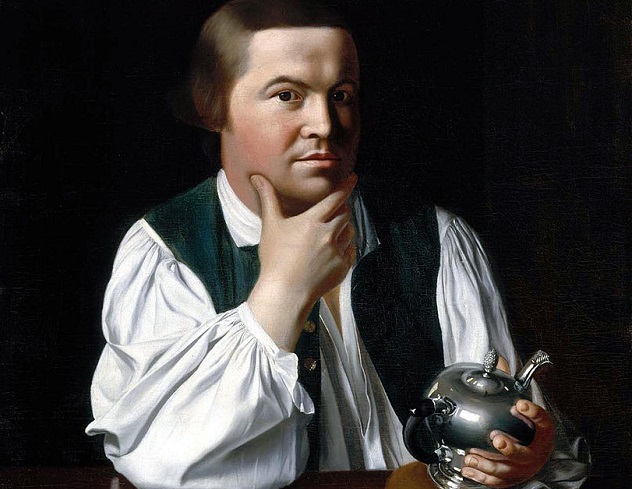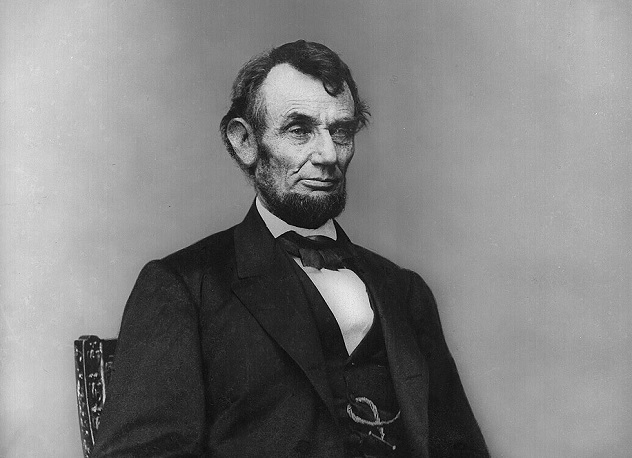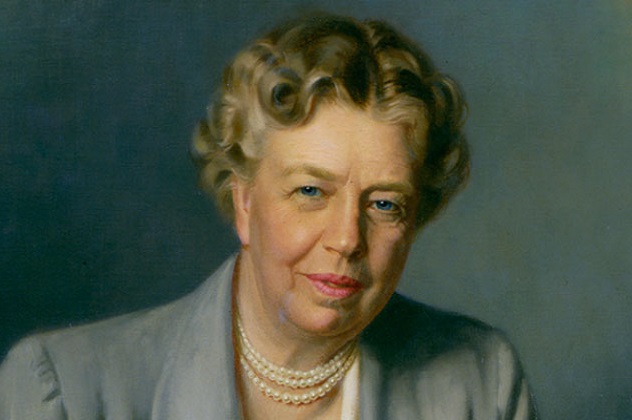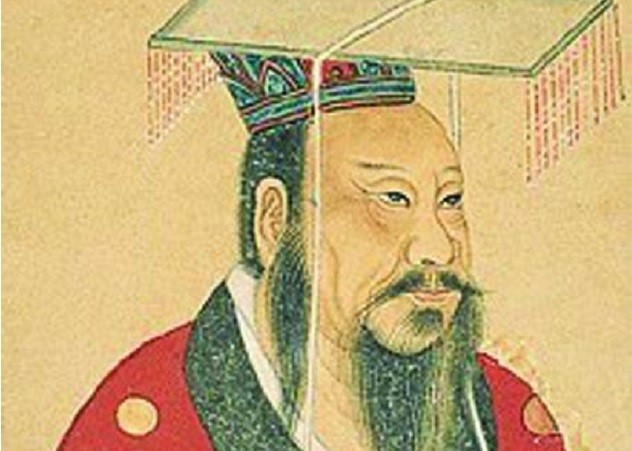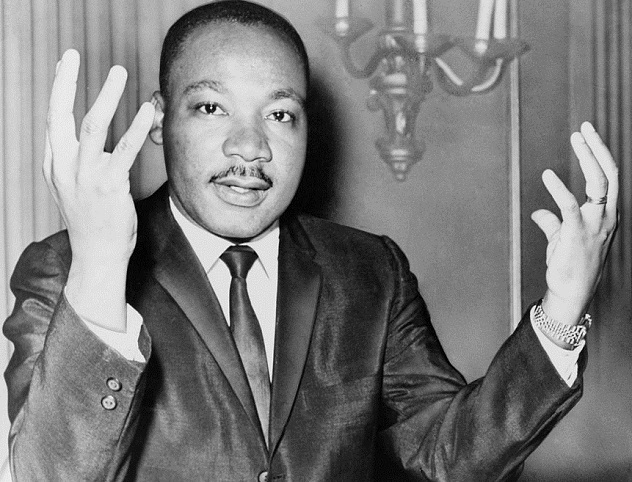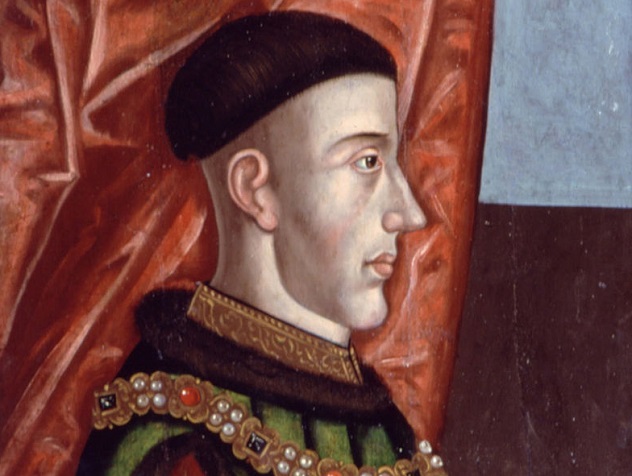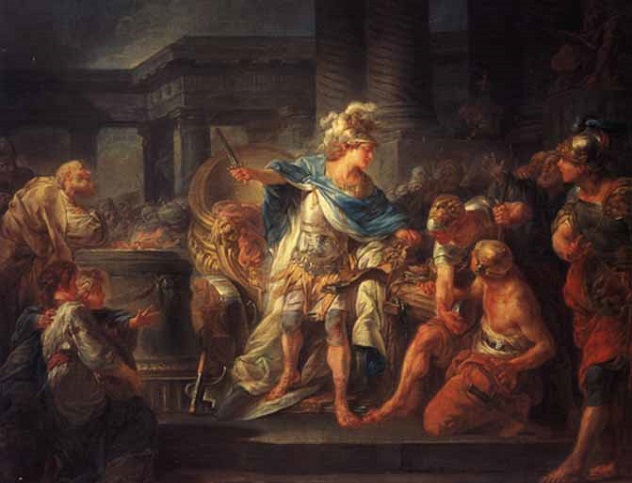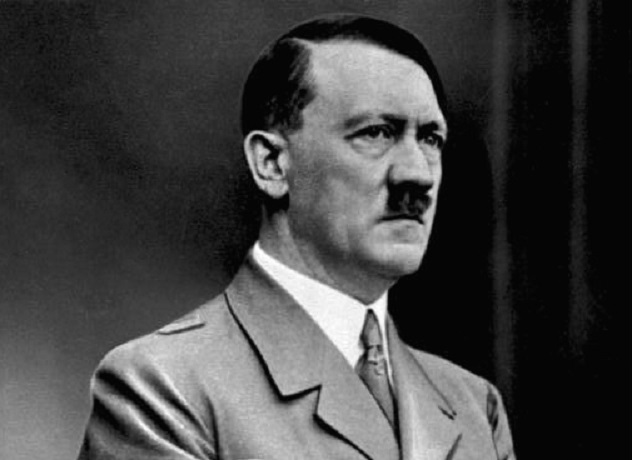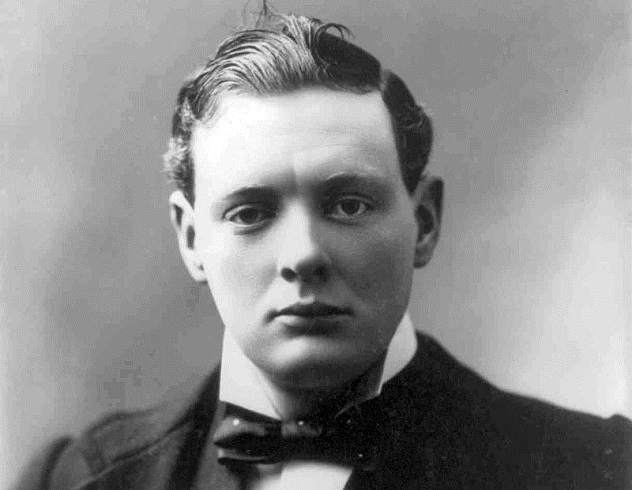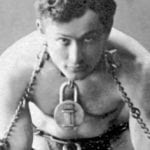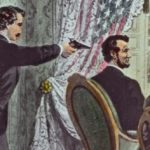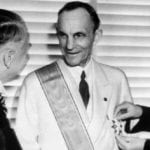10Frightened British Troops Release A Captured Paul Revere
Paul Revere and his midnight ride have gone down in American history and folklore. Prior to the American Revolution, he created the first intelligence network in America, which spied on British soldiers and met regularly in a tavern to report their findings. The night of April 18, 1775 almost ended in tragedy for Revere. After warning Samuel Adams and John Hancock in Lexington, Revere was captured by the British on his way to Concord. He was interrogated with a pistol to his chest, asked where the militia was hiding, and told that he would be shot if he ran. The British and their captives marched to Lexington, where people started clanging and shouting that they were dead men. Gunshots and cannon fire were soon heard—the first shots of the American Revolution. Shocked, perplexed, and afraid for their lives, the British ran and let Revere go, even offering him a horse. Revere was lucky—had he attempted escape, or had his espionage activities been known, he would most likely have been executed.
9Little Abraham Lincoln Was ‘Apparently Killed For A Time’
At only 10 years old, Abraham Lincoln had a close encounter with death in the form of a horse. At the time of the incident, young Lincoln was completing his daily chore of taking corn to the gristmill at a neighboring farm. Mills were still horse-driven in this age, and as Lincoln guided the horse around, he became impatient. Lincoln hit the horse with a whiplash, yelling “Git up, you old hussy. Git up, y—!” Before he could finish repeating his command, the horse reared up and kicked him in the head. He was knocked out and bleeding profusely, and those who found him thought the boy was dead. He was out cold for an entire night. When he regained consciousness, the first words he spoke were “—you old hussy!”
8Two-Year-Old Eleanor Roosevelt Sets Sail On The Britannic
When Eleanor Roosevelt was a toddler, her parents’ marriage was slowly falling apart. Her mother often worried about her husband’s health and behavior whenever he was away. Thinking that a tour of Europe would cure their marital woes, the family booked a ticket on the SS Britannic, an ocean liner of the White Star Line, the company which eventually made the Titanic. On May 19, 1887, in thick fog during dusk, the Britannic was rammed by another White Star Line ship, the Celtic. Out of the 450 passengers on the Britannic, six were instantly killed, another six were reported missing, and hundreds were injured. The Celtic had no fatalities. Eleanor Roosevelt, who was two years old at the time, narrowly avoided a gruesome fate. Among the victims, one child lost an arm, and another was beheaded. The terrified Eleanor clung to crewmen before she was dropped from the deck to her father, who was waiting on a lifeboat. This incident left her with a fear of heights and the open water for the rest of her life.
7Qin Shi Huang Di Nearly Died before Completing China’s Unification
In 227 B.C., six years before he would unite China and become the First Emperor, King Ying Zheng of Qin was the target of an assassination attempt. The prince of Yan had sent an assassin by the name of Jing Ke, who entered Zheng’s audience chamber with the head of a fugitive general and a map showing a gift of territory. Ke approached the king and unrolled the map, which revealed a hidden dagger. Ke then seized the king and attacked him but only tore off the sleeve of his robe. Courtiers looked on dumbfounded and unable to act, as it was forbidden to carry weapons in the audience chamber. The guards were also unable to enter the chamber unless personally summoned. As Ying Zheng ran for his life, a court physician struck Jing Ke with his medicine bag, which gave the king some respite. When he finally got the chance to draw his sword, he wounded Ke on the thigh and disabled him. In a last-ditch attempt, Ke threw his dagger but still missed, even at close range. The king then stabbed Jing Ke multiple times to finish off his would-be assassin. In the aftermath, the king of Yan ordered the prince, his own son, to be executed to appease Ying Zheng, but it was to no avail. Yan was eventually annexed and destroyed.
6Martin Luther King Jr. Had A Nightmare Of A Day
On September 20, 1958, five years before the historic March on Washington and his momentous speech, Martin Luther King Jr. was in Harlem, New York doing a book signing. In attendance was Izola Curry, who stabbed him in the chest with a letter opener. The sharp instrument went through King’s sternum and came within an inch of severing his aorta. Curry, a deranged woman who harbored delusions that King and assorted communists were after her, became hysterical as she was apprehended, shouting “I’ve been after him for six years! Dr. King ruined my life! The NAACP is no good, it’s communistic!” While awaiting medical help, a bystander attempted to pull out the blade, which would have killed King within minutes. Thankfully, another witness prevented that from occurring. King was taken to a hospital, where the blade was successfully removed in surgery. Later, during his final public speech, King recounted the events of that day, including advice from doctors not to sneeze, as any sudden jerk of the body would have plunged the blade further. Thankfully, King wasn’t feeling congested that day, or the civil rights movement’s greatest leader would have been taken away even sooner.
5Henry V Was An Adventurer Like You Until He Took An Arrow To The Face
Young Henry V would go on to lead an astonishing life. As the son of Henry Bolingbroke (Henry IV), usurper of the English crown, he would eventually become king of England and the titular subject of a Shakespearean play. He would lead England’s armies, especially the vaunted longbowmen, against the French in Agincourt, routing their opponents despite being outnumbered 3 to 1 and bringing the English to their peak during the Hundred Years’ War. None of that would have been possible had it not been for John Bradmore, one of the finest surgeons in medieval times. On July 21, 1403, Henry had fought alongside his father against a rebel army. In the Battle of Shrewsbury, the young prince was in the thick of the fighting when a barrage of arrows rained down on the men. One of them hit the prince right in the face. Though the battle had been won, Henry was still in mortal danger. The wooden shaft of the arrow had been removed, but the arrowhead remained wedged in his skull. John Bradmore arrived on the battlefield and began treating the prince, improvising a surgical tool that allowed him to extract the fragments of the arrow from Henry’s skull. After the procedure, he used honey as an antiseptic. Henry recovered, but he was forever scarred, which is why he was always painted in profile from then on.
4Alexander’s First Great Battle Could Have Been His Last
In 334 B.C., Alexander, King of Macedon, had the Persian army in his sights before the River Granicus in Asia Minor (modern-day Turkey). A pitched battle against the Achaemenid/Persian Empire was to follow. The Persian army was led by Memnon, a Greek mercenary whom we’ve previously discussed. Alexander ordered a swift advance across the river toward the Persian lines. A combined force of Companion cavalry, lancers, and light horses waded through the river under a hail of arrows and javelins. Alexander was in the thick of the fray in a life-or-death duel against a Persian commander, Spithradates. Some sources say that he was also up against his foe’s brother, Rhoesaces. What is known is that Spithradates had managed to disorient Alexander with an axe blow to the head, shattering his helmet. Spithradates attempted a second blow, which would have been fatal. In those few seconds, Alexander would have had no time to react. Fortunately, Cleitus “The Black,” one of Alexander’s most trusted bodyguards, reacted quickly and stabbed the Persian with his spear. The Macedonian army rallied and routed the Persians. Alexander, within inches of instant death moments before, was now free to achieve his great deeds.
3A Teenage Caesar Was Hunted And Near Death From Malaria
Lucius Cornelius Sulla had reached untenable heights in 82 B.C. As dictator, he had absolute power throughout Rome, which he used exceedingly against past, present, and future enemies. Notices known as “proscriptions” were drafted which contained the names of branded enemies of Sulla and therefore the state. The names on the list grew day by day, with a reward for those who killed the proscribed individuals and a punishment of being added to the list for anyone who protects them. Eighteen-year-old Julius Caesar was the nephew and the son-in-law of two of Sulla’s greatest opponents, putting him in some pretty hot water with the dictator. Sulla took pity on Caesar, though, merely demanding that he divorce his wife. While anyone at the time would have immediately done anything Sulla demanded, Caesar looked Sulla in the eye and refused. Caesar knew this act of defiance would cost him his life, and sure enough, he was added to the proscription list. He hurried to escape Rome, hiding in the mountains and moving from place to place every night to avoid Sulla’s henchmen. One managed to find him, so he bribed the goon with the equivalent of $1,000, which was everything he had. He also contracted malaria, a disease which would become prevalent in ancient Rome and contribute to its downfall. Homeless, penniless, hungry, gravely ill, and marked for death, Caesar’s life could have ended in his teenage years. Respite would come soon enough, as Caesar’s family and allies beseeched the dictator to spare the young man’s life. Sulla, perhaps admiring Caesar’s gutsy move, eventually had to agree.
2A Falling Dead Guy Saves Adolf Hitler
Adolf Hitler’s rise to power might have abruptly ended before it even began. On the evening of November 8, 1923, the fledgling Nazi party began its attempts to wrest control from the beleaguered government. In what became known as the Beer Hall Putsch, Hitler and the Nazis surrounded a beer hall in Munich where government officials were holding a meeting. Hitler fired his pistol in the air, declaring “The national revolution has begun!” By the next day, Bavarian officials had had enough and planned to crack down on the dissidents. Hitler and the Nazis had been marching the streets to rally support when they ran into 100 armed policemen. Suddenly, shots were exchanged, and at the end of the carnage, 16 Nazis and three policemen were dead. One of the fatalities was Max Erwin von Scheubner-Richter, one of Hitler’s cohorts. Scheubner-Richter was locked arm-in-arm with Hitler during the march and said to him “This may be our last walk together.” He was right. When the hail of gunfire began, Scheubner-Richter died almost instantly. As he fell down however, he pulled Hitler to the ground with him, dislocating his shoulder but inadvertently saving his life in the process.
1Winston Churchill’s Capture And Daring Escape
In 1899, young Winston Churchill was a newspaper correspondent sent to South Africa to cover the Boer War between the British and Dutch. While on an armored train on November 18, Churchill and British soldiers were ambushed by Boer soldiers. One aimed his rifle at Churchill, urging him to surrender. Churchill attempted to draw his pistol but found that it wasn’t there—he had left it on the train. With no other recourse, Churchill surrendered. About a month later, on the night of December 12, Churchill escaped from a POW camp in Pretoria. He hid in a train car to avoid capture, as the Boers had offered a £25 reward. On some nights, he walked along the railroad tracks, hoping to find a way to Delagoa Bay. Eventually, the tired and hungry Churchill found help from a nearby mine operated by Scotsmen and Englishmen. The men hid him in the mine as the hunt for him cooled down. After many days, Churchill returned home a celebrated hero. Years later, with the war over, several Boer generals visited England. Churchill regaled General Louis Botha with the tale of his capture and escape. Surprisingly, Botha replied, “Don’t you recognize me? I was that man; it was I who took you prisoner.” If we’re to believe Botha’s response, fate may have certainly been kind that day. Had Churchill found his weapon ready, either Britain or South Africa—perhaps even both—might have lost two great future leaders. Jo is a long-time Listverse reader and plans to become a long-time contributor as well. His interests are history, movies, gaming, and professional wrestling. If you’d like to discuss or have him research such subjects, feel free to email him.
